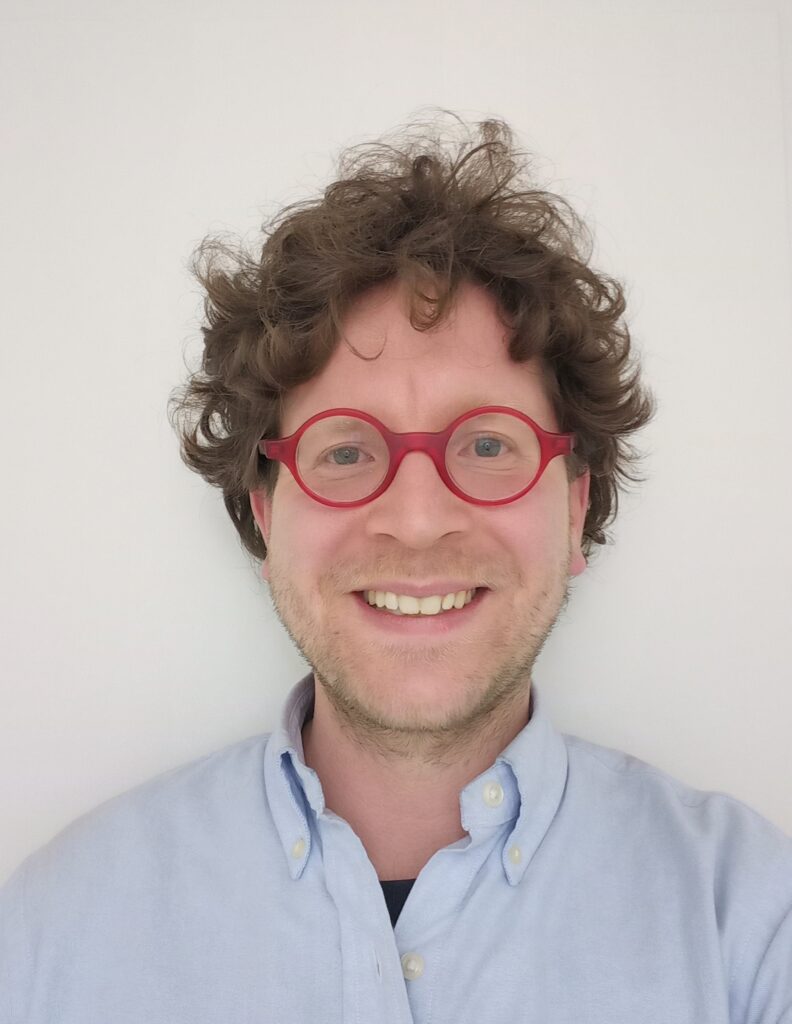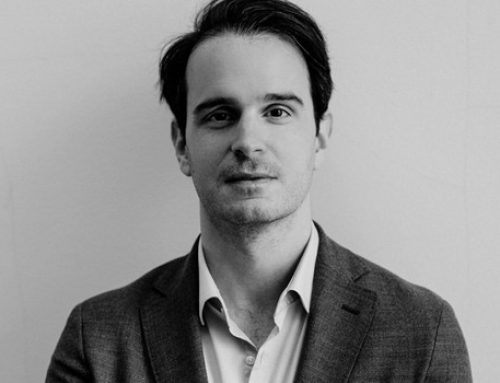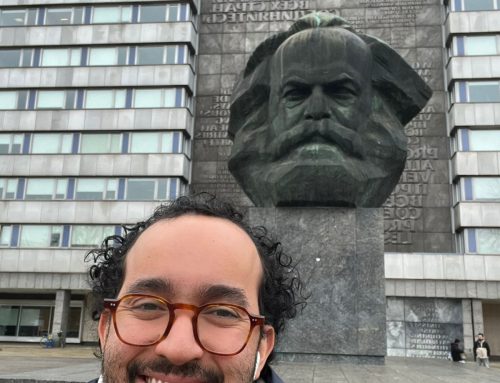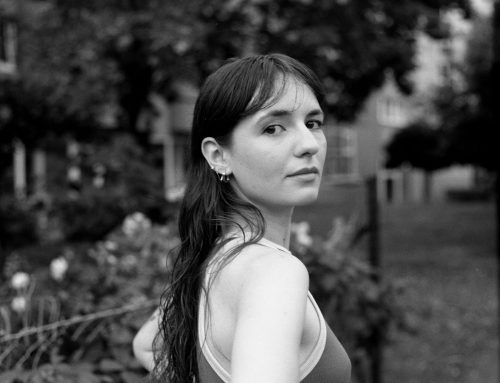On Thursday, February 23rd at 12 PM (CET), we are hosting the CAS SEE Seminar with Péter Techet on the topic of The Role of the Judiciary: Interpreting vs Creating Law—or How Hans Kelsen as constitutional judge justified judicial activism?, presented by our Fellow Nicola Camilleri.

PÉTER TECHET
Lawyer and historian. In his PhD in Modern European History, he deconstructed the narrative of “nationality conflicts” of the Late Habsburg monarchy by focusing on the Upper Adriatic region. In his PhD in Legal Theory, he analyzed the anti-positivist legal traditions of German legal thinking.
Researcher at the Leibniz Institute for East and Southeast European Studies (in Regensburg) and the Leibniz Institute of European History (in Mainz). Visiting Fellow at the Austrian Historical Institute in Rome, the New York University, and the University of Genoa.
He is now a postdoctoral researcher at the University of Freiburg (in Germany) and at the University of Zurich. His current research is on the historical contextualization of Hans Kelsen’s “Pure Theory of Law”. He is focusing on how the (post-)Habsburg legacies and Kelsen’s experiences as constitutional judge in Austria shaped the theory.
About the Seminar
Hans Kelsen is still one of the best-known and most influential legal scholars even in 2023, 50 years after his death. Less well-known is his more “political” role in the First (Austrian) Republic. After World War I, he was involved in drafting the new Austrian Federal Constitution. There he helped institutionalize the so-called “Austrian” model of “judicial review.” Between 1919 and 1930, he himself served as a judge on the newly established Austrian Constitutional Court.
This talk aims to examine the possibility of interpreting Hans Kelsen’s “Pure Theory of Law”–specifically his theory of law-application–as a theorization of the experiences of an active and, in many ways, “activist” constitutional judge. By emphasizing the political character of “law-application”, Kelsen was actually responding to the conservative government policy in Austria of the interwar period, which tried to “depoliticize” the Constitutional Court.
Join Zoom Meeting
https://us02web.zoom.us/j/88989643663?pwd=VnZTOWRmdnl0WEZIdTczc1paZWtkdz09
Meeting ID: 889 8964 3663
Passcode: 328897
Fellowships
Fellowships are enabled by the ERSTE Foundation and Rockefeller Brothers Fund in the framework of supporting brain circulation for democratic development in Southeast Europe.
UNIRI The Moise Palace: Cres Island
An education center of the University of Rijeka. A five-hundred-year-old patrician townhouse and the largest Renaissance palace on the Croatian islands. A venue and forum for various scientific and research activities, it welcomes visiting academics, students and scholars.




